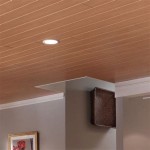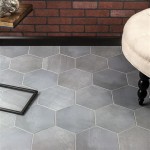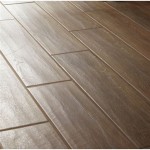Tile countertops are a popular choice for many homeowners due to their durability, affordability, and style. Tile countertops can come in a variety of colors, sizes, and shapes, and can be used to create a unique and beautiful design in your kitchen or bathroom. However, tile countertops also come with a few drawbacks that should be taken into consideration before making a decision.
One of the main advantages of tile countertops is their durability. Tile is a very hard material that can withstand heat, water, and everyday wear and tear. It is also very resistant to scratches and stains, making it a great choice for busy households. Tile can also be easily cleaned and maintained with regular cleaning and sealing.
Tile countertops are also relatively inexpensive compared to other materials such as granite or quartz. While the cost of tile can vary depending on the type of tile you choose, it is generally much cheaper than other materials. Additionally, tile can be easily replaced if it is damaged or needs to be updated.
On the other hand, one of the drawbacks of tile countertops is that they can be difficult to install. Tile is a heavy material and requires a specific type of adhesive for installation. Additionally, the grout between the tiles can be difficult to keep clean and stain-resistant. If the grout is not properly sealed, it can be susceptible to staining and bacterial growth.
Tile countertops also require regular maintenance to keep them looking their best. Grout lines must be regularly cleaned and sealed to prevent staining and bacterial growth. Additionally, tile can chip or crack if it is not properly cared for, so it is important to inspect the countertops regularly to ensure they are in good condition.
Overall, tile countertops are a great choice for many homeowners due to their durability, affordability, and style. However, it is important to weigh the pros and cons before making a decision and ensuring that you are properly prepared for the installation and upkeep of tile countertops.

![Tile kitchen countertops pros and cons [2022] Ariel's Home](https://i2.wp.com/arielshome.com/wp-content/uploads/tile-kitchen-countertops-pros-and-cons.jpg)








Related Posts








